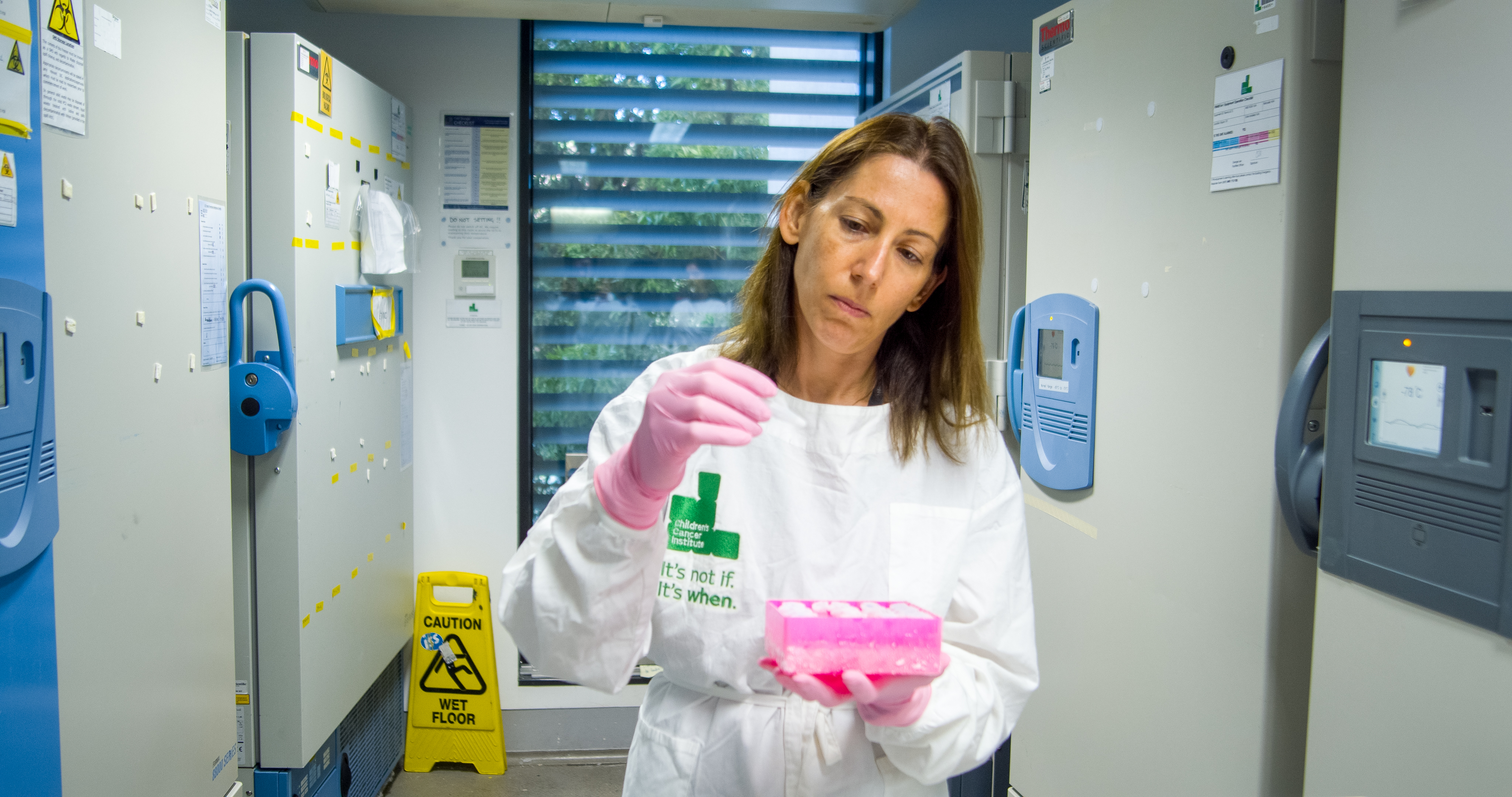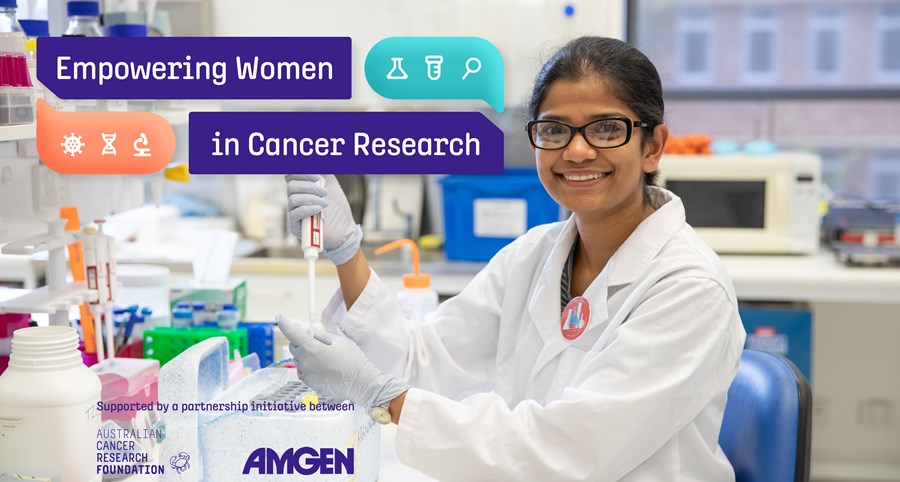
It's not just about the 'type' of cancer anymore
This Childhood Cancer Awareness Month, we take a look at how the science of genomics is changing childhood cancer research and treatment. What’s changing and why?
Read on to find out…
In the past, children with cancer were treated according to the type of cancer they were diagnosed with. Correspondingly, cancer research programs tended to be focused on specific types of cancer too.
When Children’s Cancer Institute first started doing research back in the 1980s, the focus was firmly on the commonest cancers in children: leukaemia and neuroblastoma. Over time, its research agenda expanded to include other types of cancer as well, such as sarcoma and brain tumours.
But the times they are a-changin’, as Bob Dylan would say.
It’s all about genetics
The more we learn about childhood cancer, the more we understand that cancer is driven by genetic changes or ‘variants’. These are differences in an individual's DNA sequence which alter how cells behave, particularly in terms of how they grow and divide, and how long they live for.
Through the Zero Childhood Cancer Program (ZERO), which involves genomic analysis for every child, we are learning more every day about the genetic changes that drive the growth of cancers (so-called ‘genetic drivers’, or ‘molecular drivers’). And the more we learn, the more we believe that understanding these genetic drivers holds the key to finding successful treatments for more patients.
A ’tumour agnostic’ approach
In the past, therapies have tended to be matched to particular cancers. So drug A might be indicated for cancer A, and nothing more. This is a very rigid way of looking at cancer treatment.
By contrast, precision medicine (the approach used by ZERO) is all about matching therapies to genetic drivers of cancer, which may be found in a range of different cancers. This is known as a ‘tumour-agnostic’ approach. Treatment is based on the genetic driver of the cancer, not the type of tumour.
Take the example of a gene variant called an NTRK gene fusion. Originally this variant was found in colorectal and thyroid cancers, so when a targeted therapy called an NTRK inhibitor was developed, it was indicated for these two cancers. Later though, more NTRK inhibitors were developed and clinical trials found they worked very well in patients with this variant, across a number of different cancers. As a result, these newer treatments were approved for use in any cancer found to have an NTRK fusion.
Pan-cancer research
A growing trend is ‘pan-cancer’ research which looks at common genetic changes across a range of cancer types, with a view to developing effective treatments that have much broader indications than in the past.
Much of the work in our Therapeutic Discovery Theme is focused on just that. And while a study may be labelled as ‘neuroblastoma research’ or ‘leukaemia research’, the reality is that its findings may well be applicable to other types of cancer as well — not only in children but also in adults.
Article sourced from Children's Cancer Institute here.


-2.png)